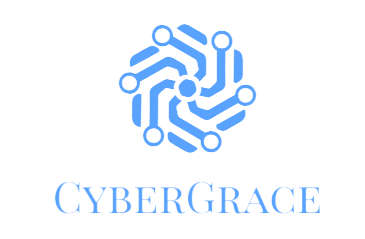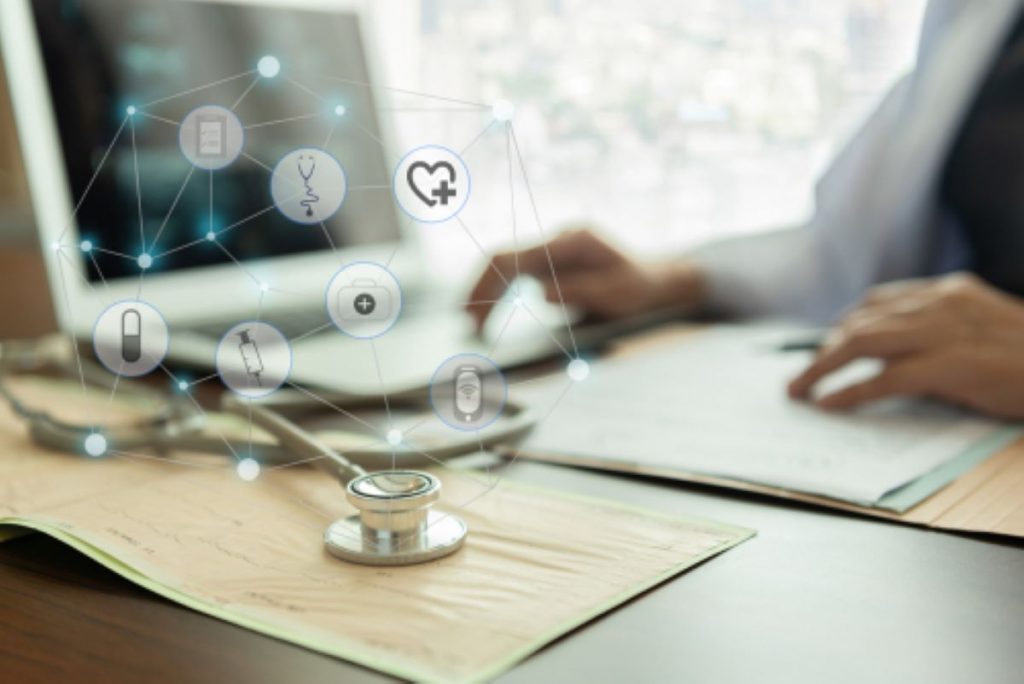Technology is vital to healthcare efficiency. That fact covers more than the most obvious reasons. Those obvious reasons being technology is required for critical surgeries to take place; technology is needed for vaccines to be produced with the highest rate of efficacy; technology is necessary to creating medicines to cure diseases and tools to make the diagnosis of those diseases fast and reliable.
As for the less obvious reasons, technology allows systematic storage of patient information crucial to the work of healthcare practitioners. It also supports the accurate scheduling of labor in high-performance hospitals. It ensures patients get the accurate medications they need and in a timely manner.
These are just some ways healthcare and technology overlap. And here we’ll look into more trends where that is also the case.
Healthcare interoperability
Interoperability in the context of the healthcare industry refers to the ability of health information systems to work with each other for the purpose of delivering fast and effective healthcare to those who need it. One way to achieve interoperability is via a mobile integrated health system.
This technology benefits both patients and healthcare providers. Patients will have their medical information accessible to all healthcare professionals they go to and that require the data. Healthcare professionals will not have to go through organizational red tape to access critical patient information.
Wearable health tech
There is a variety of wearable health tech you can explore. They cater to specific health requirements. For example, fitness trackers, which are probably the oldest type under this category of health tech products. A fitness tracker, usually synced with smartphone apps, keeps abreast of your heart rate and physical activity. From those data, it provides you with fitness recommendations.
There are the so-called smartwatches as well. Before, they track no more than the steps you take on a daily basis. Now, they can detect something as specific as the onset of atrial fibrillation via reading the wearer’s heart rhythm.
Look into ECG monitors, blood pressure monitors, and biosensors too. They could be of great help if you or a loved one has an existing heart condition.
Telehealth
In the past, you need to visit a physical clinic for a check-up. Thanks to technology, such as something as simple as a laptop connected to the internet, now you can have your routine meetings with your physician without leaving the house. This is called telehealth.
Most physicians that offer telehealth services rely on software that monitors and records their patients’ vital signs. As soon as they see anything out of the ordinary, they can immediately inform a patient. The latter, in turn, can do what is necessary for their health and wellness. All that without any face-to-face interaction.
Smart hospitals
At home, you probably have Alexa at your disposal. She turns off the lights for you or plays a specific song from your Spotify playlist, among other things. What you have is a smart home.
Expect smart technology to factor into hospital design and systems. A smart hospital will streamline the processes relevant to providing competent healthcare services. From dispatching scheduled medicines to achieving a physical layout that reduces the risk of cross infections within medical facilities, the advantages of this technology will be game-changing.

Stress tracker
Everyone should be mindful of their stress level. It affects many aspects of a person’s health. From your mental state to your physical well-being, stress has a say. Thankfully, there are stress trackers you can purchase to stay informed regarding how badly you require some rest and recreation.
Most of the giant names in technology and gadgetry have already released their version of a stress tracker. And they offer a more advanced tracking model, compared to older iterations of the product. Take, for example, Fitbit Sense. Sold at $330, this stress tracker zeroes in on electrodermal activity to gauge stress levels.
The COVID-19 pandemic foregrounded something we already knew before but chose to not pay enough attention to. That is how technology’s crucial role in healthcare cannot be overstated. And the institutions in power must begin to recognize this simple fact. They must do more in terms of maximizing available technology in the service of healthcare efficiency.
As for us individuals, we must begin to expand our horizons and embrace technology in relation to our health-related needs and priorities. No matter how tech-averse you think you are, you cannot deny the fact that technology has the power to improve your health. It’s high time you trust it and let it do what it does best.

